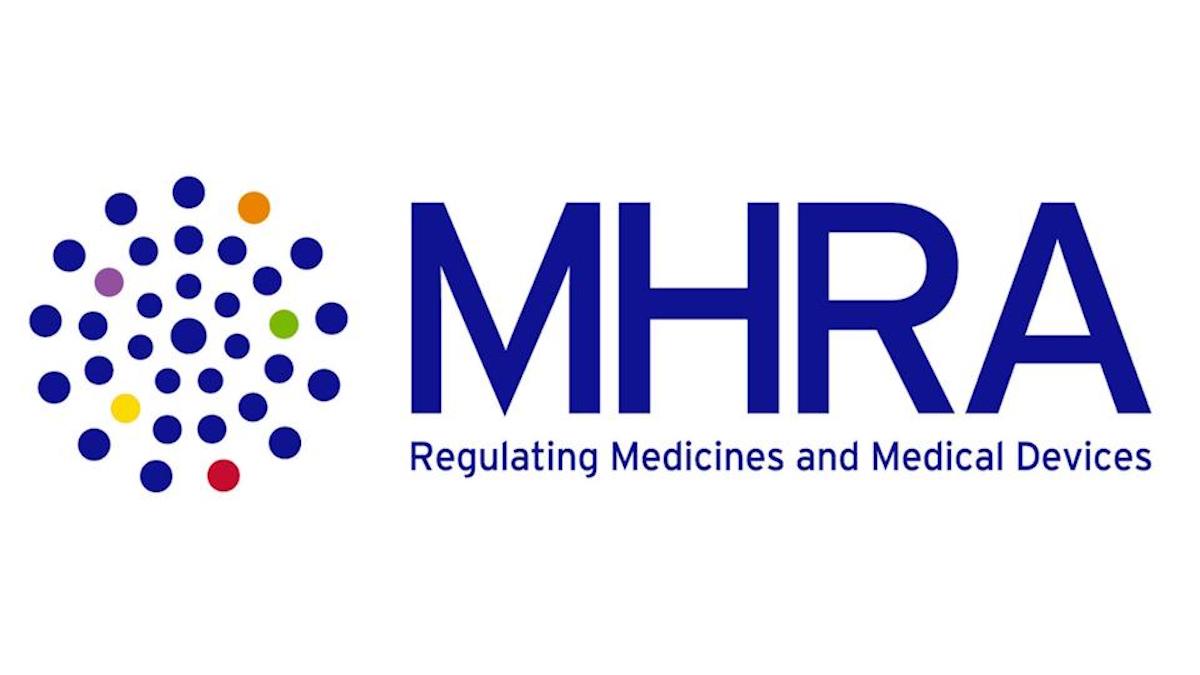MHRA's stature undermined by lack of resources says pharma

The UK Medicines and Healthcare products Regulatory Agency (MHRA) isn't sufficiently funded to meet its obligations, according to a new report commissioned by a pharma trade organisation.
The Association of British Pharmaceutical Industry (ABPI) warns in the document that lack of resources, and the knock-on effect of struggling to attract and retain top talent, have undermined the MHRA's standing as a global regulator and – as a consequence – threatens the UK's competitiveness in life sciences.
It has urged the MHRA's new chair, Professor Anthony Harnden, and its new chief executive – when appointed – to take steps to restore the agency's standing after a difficult few years navigating the changes forced by Brexit, the COVID-19 pandemic, and an ongoing restructuring drive.
"While the agency continues to be a key and respected player in a global landscape, these challenges have impacted aspects of its regulatory performance," according to the report (PDF), which adds: "As the 'front door' to a national life sciences ecosystem, it is vital that the MHRA offers an attractive and reliable service."
It includes a survey of top executives in the pharma sector that reveals that 84% of them considered that the capacity and unpredictability of the MHRA had an unfavourable impact on investment decisions.
Relatively few said that the regulator's expertise and reputation were a negative factor for investment, and two-thirds said they want the MHRA to be ambitious in defining a global reputation and leadership role for itself.
The report makes recommendations for the new MHRA leadership on the overarching themes of enhancing communications, transparency, and accountability, improving resourcing and expertise, and strengthening its regulatory framework.
Among the resourcing issues facing the agency is the removal in 2019 of its status as a trading fund, which allowed it to retain some of the income generated from fees for its services to invest in its future operations and, according to the report, should be reviewed.
Other recommendations include better transfer of knowledge between experienced and newer MHRA staff and between industry and the agency, ensuring that the upcoming clinical trials legislation in the UK keeps the country globally competitive, enhancements to the early access to medicines scheme (EAMS), and providing more channels for informal engagement with stakeholders.
"The MHRA has long been regarded as a well-respected, global leader in medicines regulation, underpinned by solid expertise and innovative approaches. However, events in recent years have tested its resilience and capabilities," commented Richard Torbett, chief executive of the ABPI.
"Our industry wants to support the MHRA to regain its world-class reputation," he added. "This report sets out a clear roadmap for the MHRA's incoming leadership to ensure the UK can operate as a leading authority that supports the development of new medicines and can safely and swiftly bring new innovations and treatments to patients."













